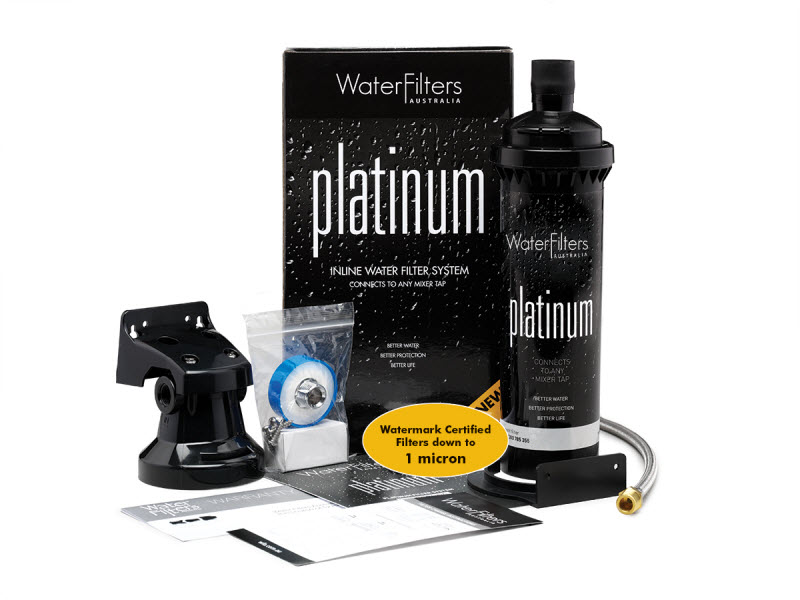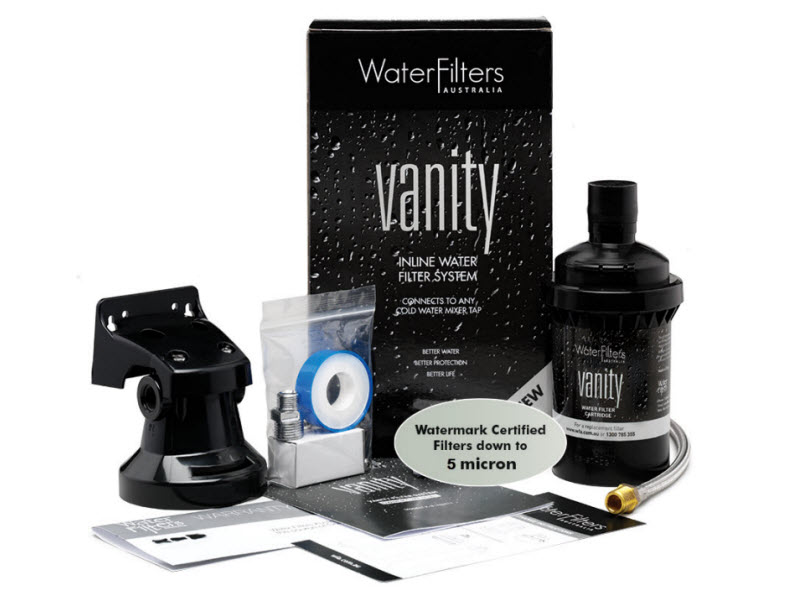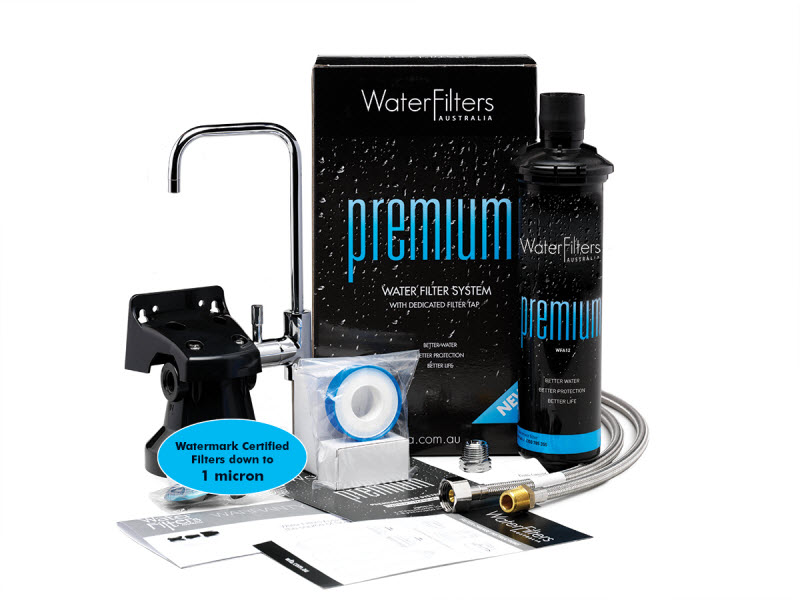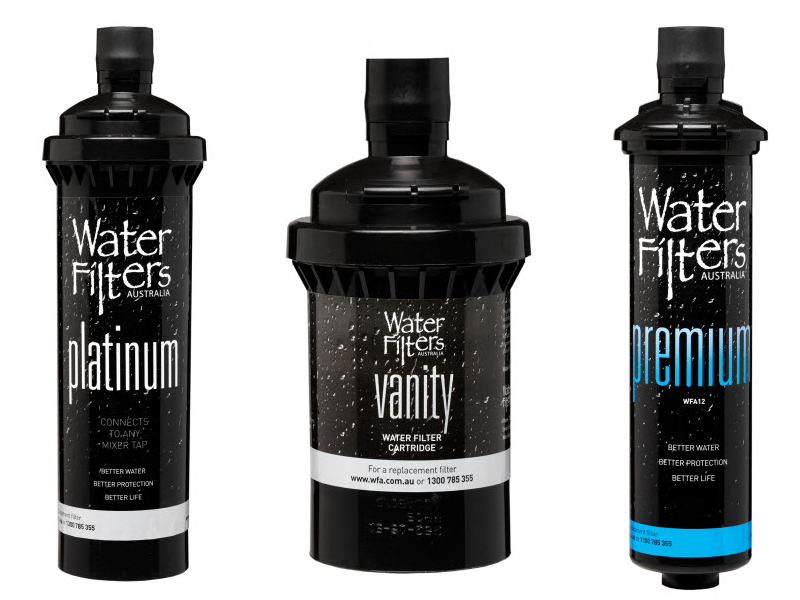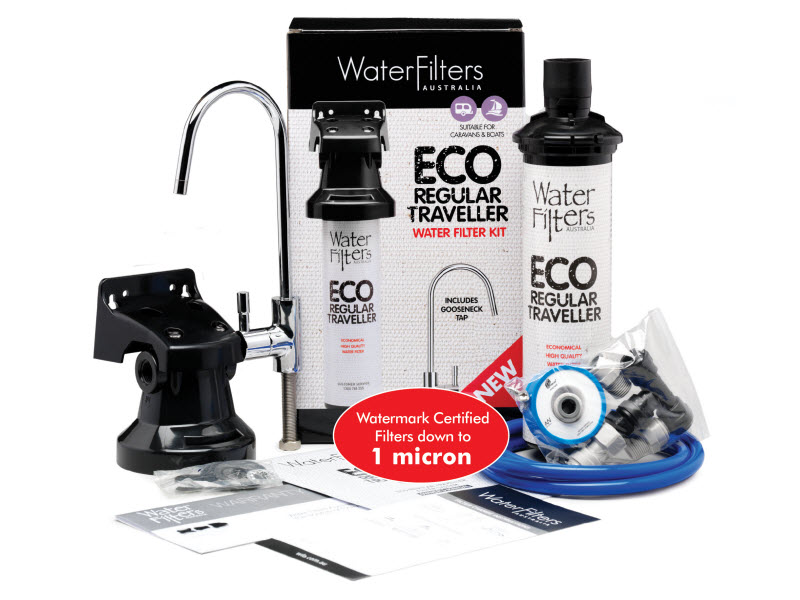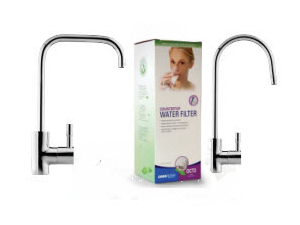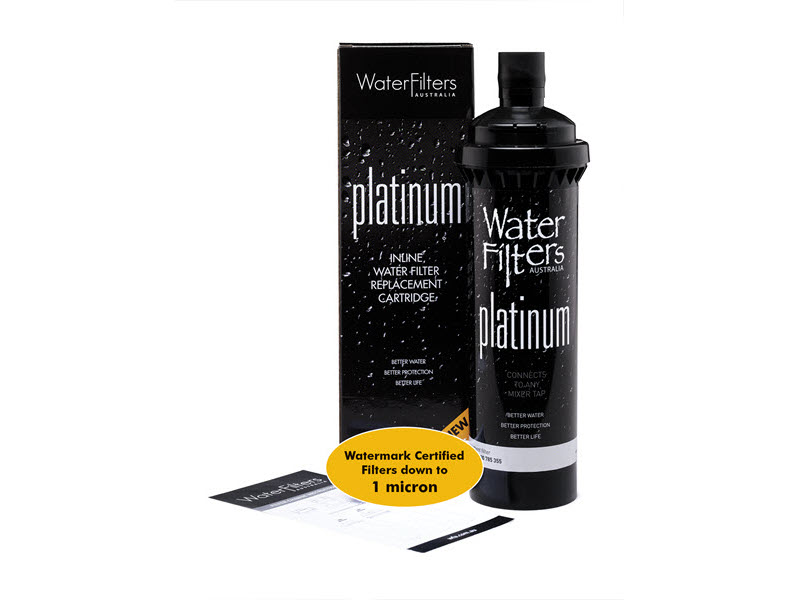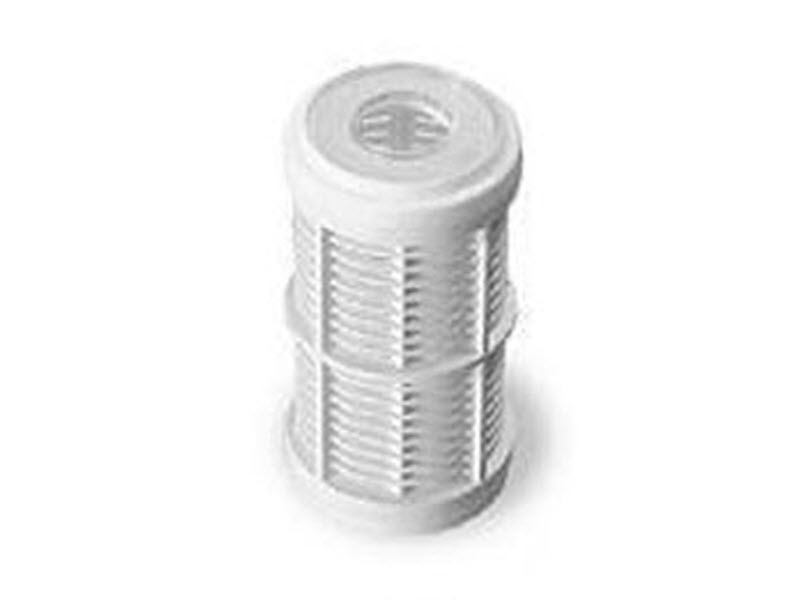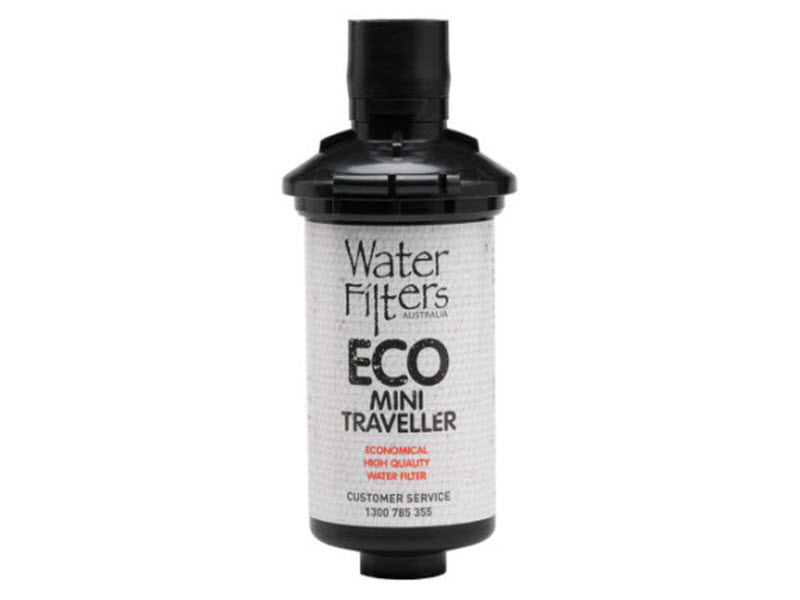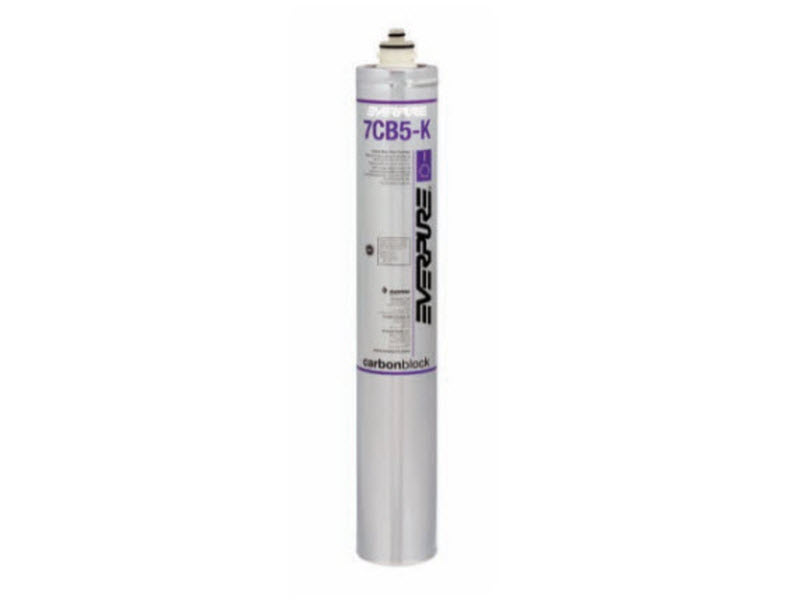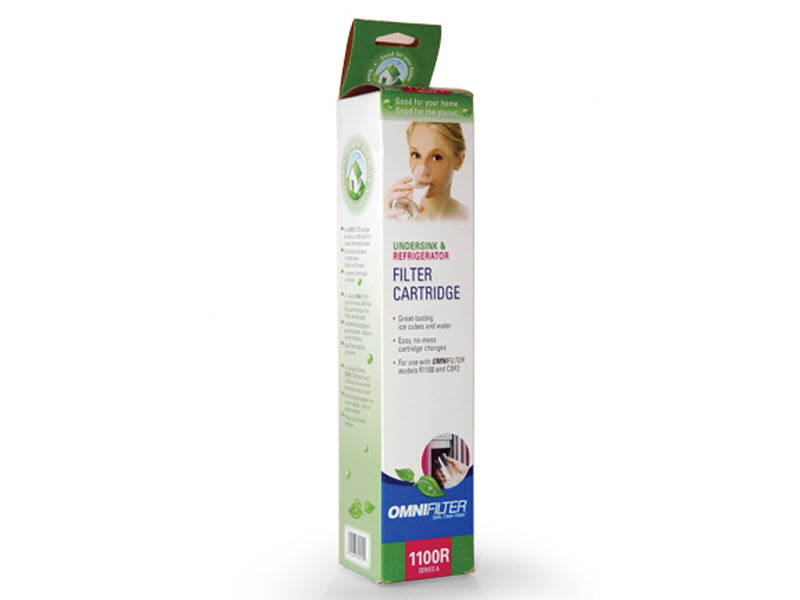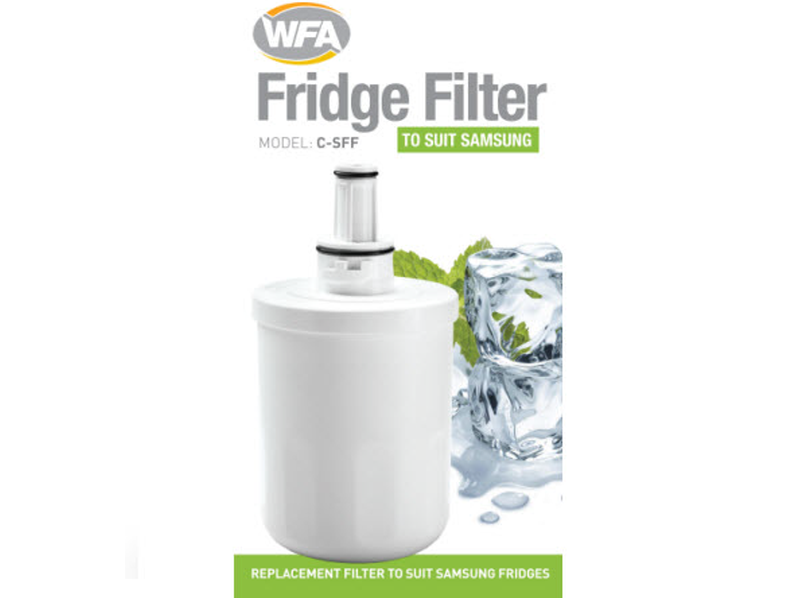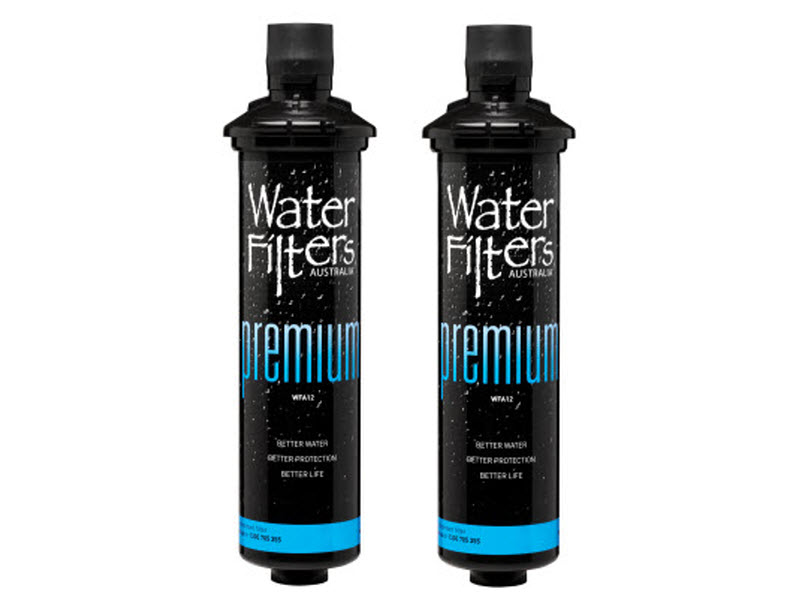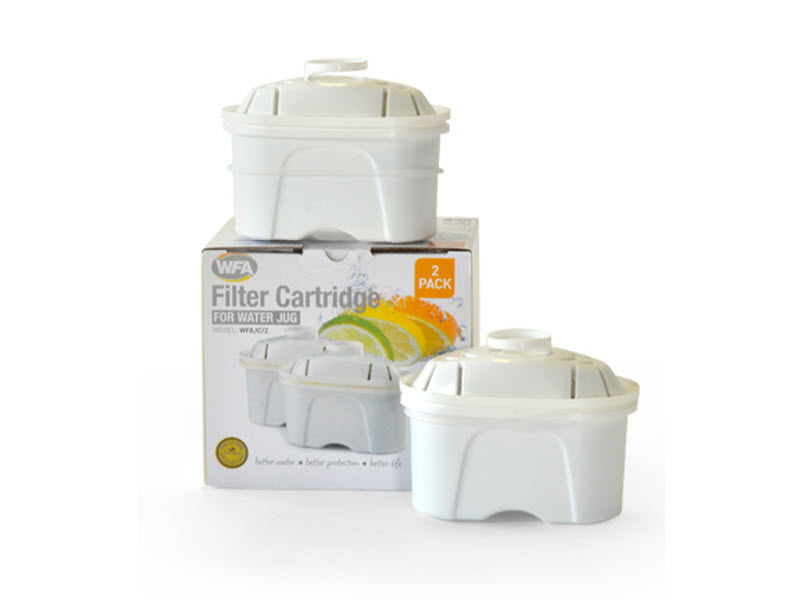Why filtered water tastes great with Dilmah tea
WFA director, Rob Davidson went back to school recently. But it was school with a difference, Dilmah’s School of Tea!
WFA director, Rob Davidson went back to school recently. But it was school with a difference, Dilmah’s School of Tea!
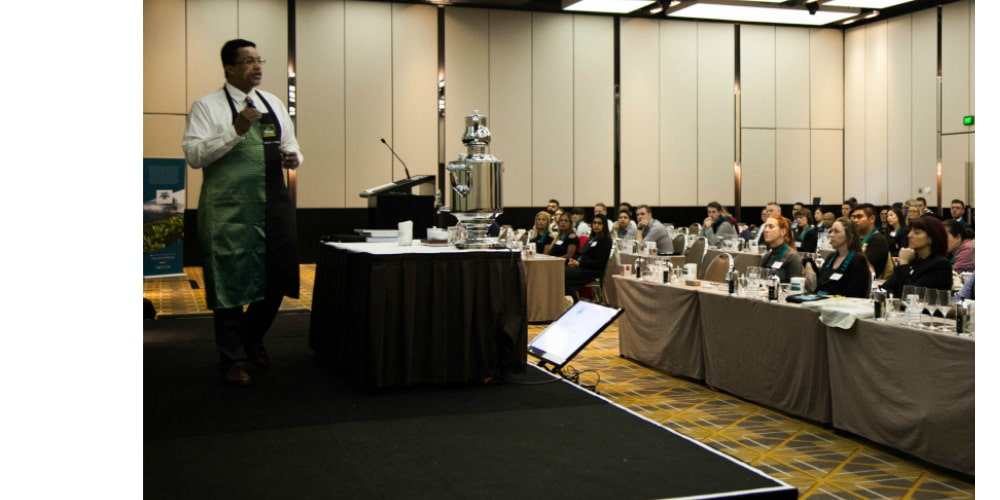
The Dilmah School of Tea Experience
The Dilmah School of Tea is a pioneering tea training course. Developed by experts, it’s an unmatched standard of education for anyone who wants to learn how to brew the perfect tasting cup of tea. Dilmah say it’s the Tea Maker’s aim to share their “unique passion for tea and facilitate a great understanding and appreciation of tea”.
Rob attended Dilmah’s School of Tea while they were visiting Cairns. And he learned from the top, with the founder’s son, Dilhan C. Fernando sharing his tea inspiration and knowledge. Rob learned how to tell the difference between his White, Black, Green and Ooolong, plus most importantly how to brew the perfect cup of tea.
Rob was surprised by the number of rules or steps needed in order to make a great tasting cup of tea. These include: the way the tea is grown, picked and packed. The water temperature, brewing times, even the way it is presented! Not surprisingly the quality of the water is also very important and in fact filtered water is preferred.
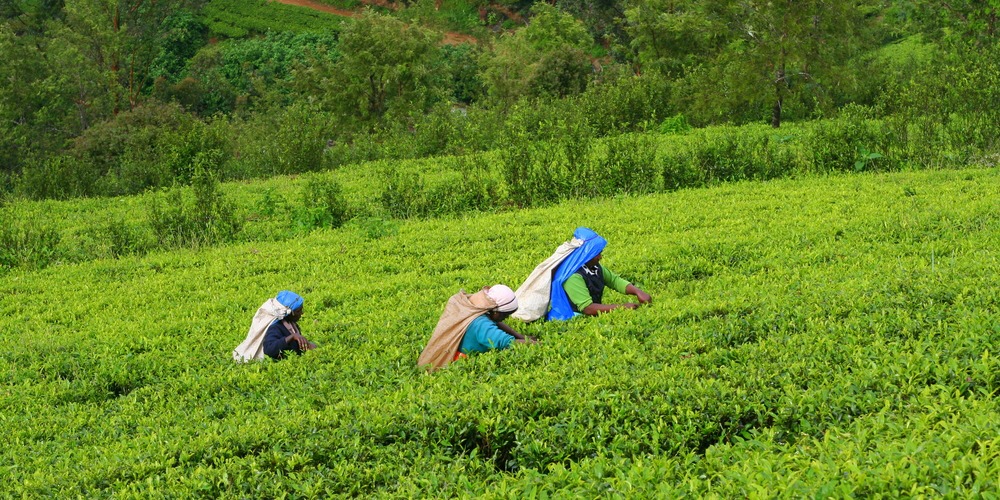
About Dilmah Tea
The two and a half hour workshop began with a bit of background on the history of tea in Sri Lanka and the Dilmah tea difference with filtered water.
Tea has a long history in China and India but in the 19th and 20th centuries Ceylon tea became famous for its unmatched quality and variety. This was largely due to the country’s ideal climate.
Surprisingly tea was only introduced to British Ceylon (as it was known then) because a deadly fungus destroyed most of the coffee crops. In 1867 a British estate owner, James Taylor decided to plant 10 acres of tea instead and the rest was history.
Ceylon tea soon became the consumer’s favourite tea due to its quality and now Sri Lanka is one of the top producers and the largest exporter of tea in the world.
Dilmah tea was founded by Dilhan’s father, Merrill J. Fernando in Sri Lanka in 1988. The company was the first producer owned tea that offered tea “picked, perfected and packed” at the origin. And still today the tea is hand picked garden fresh, unblended and packed at source. They produce tea in the traditional, artisanal way, also called the orthodox method. This means the tea is grown in the right climate and soil which means it is of the highest quality.
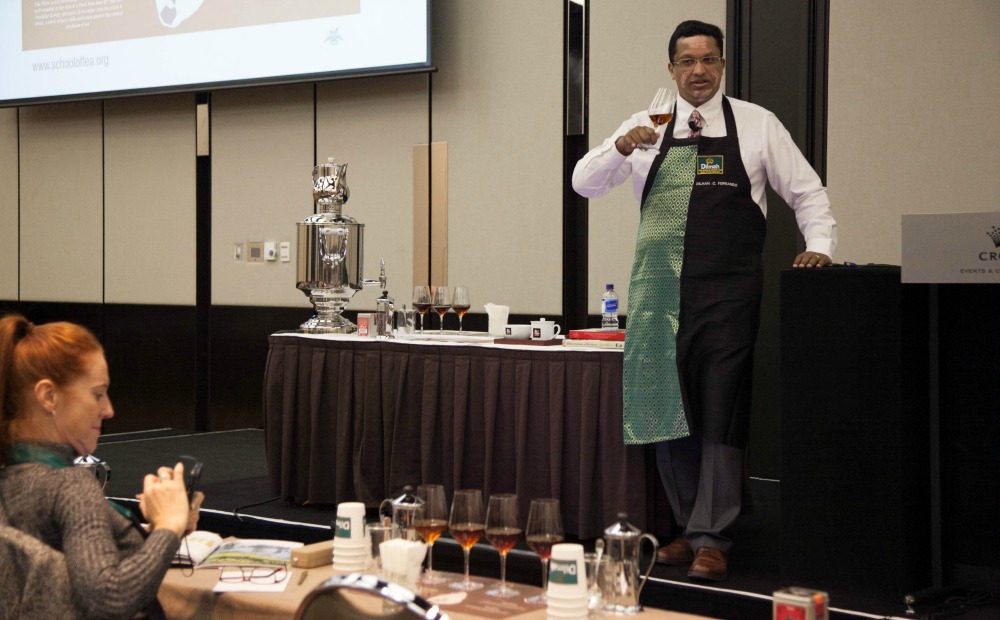
Rob’s School of Tea Experience
Rob was fascinated to learn about tea history and the tea making process. But it was the next piece of information that really got his attention.
“Dilhan told us how important the source product is, which is water. It’s the same with any tea making. Then he talked a lot about the quality of the water and how it affects the tea.”
Rob then got to taste the various teas and have a go at making his own tea.
“The team had different food prepared and you try different teas with different foods. It’s quite staggering how they complement each other. We made some of our own tea and Dilhan had a competition to see who could make the best tea. Unfortunately, I didn’t win! Dilhan shows you how to make the perfect cup of tea as well so it is the right colour and how to bring out the taste of the tea.”
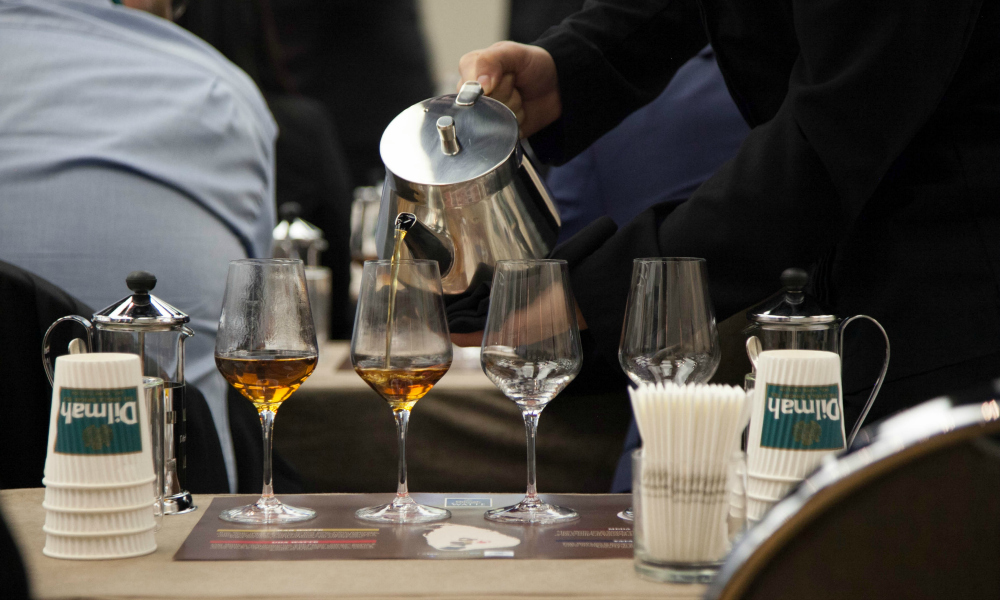
Rob found all this information fascinating but it was the water quality that got him thinking.
“Coming away from it you learn how important the quality of the source water is to really bring out the true taste of the tea.”
Inspired by the experience, Rob went on the have a one to one meeting with Dilhan.
He told Dilhan that he believed that filtered water was the way to go to create the best tasting tea. And from that meeting, a new project idea came about.
“After talking, we thought it would be a great project to source different tap water from different states and test them in Dilmah’s lab in Melbourne under controlled conditions with their barista, WFA then sourced the water from each Australian state and under controlled conditions, Dilmah’s barista brewed the cups and we took photos showing with filtered water and with municipal water. The results speak for themselves. They were quite outstanding. It was interesting to see the difference in the water clarity in all states.”
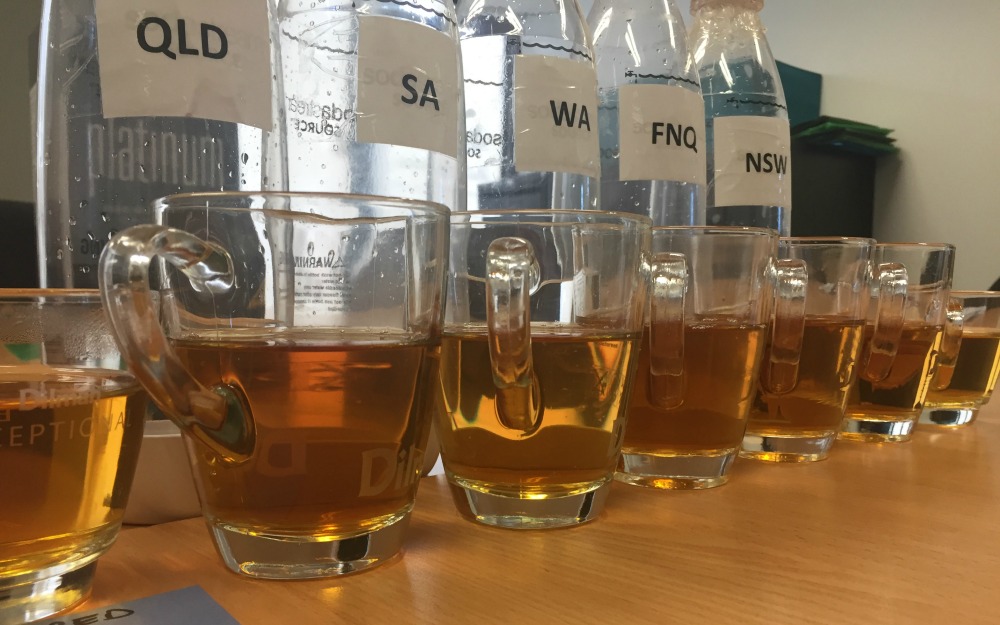
Water Testing from around Australia & the Results
Testing was undertaken in the Melbourne office in a controlled environment.
All the samples were brewed with the same teas and agitated for the same time. Each had a 2 minute brew time with the Watte range of Dilmah teas. (Ran Watte)
South East Queensland and Western Australia were the most visible in appearance as for poor quality, unfiltered water.
So What about the Future?
Rob says, “We are continuing to work with Dilmah now to promote the message of great tea with great tasting filtered water. We sent water filters over to Sri Lanka so they can use them in their School of Tea there.”
WFA also installed filters in Dilmah’s Melbourne offices. We’ve had great reviews from their staff about how different the taste of the tea is due to the quality of filtered water.
“The taste profile with our water now in the office, with the filter in place is phenomenal! We couldn’t drink the water straight from the tap previously. Now, it is a pleasure to drink the clean water,” one Dilmah Staff member commented.
One thing that stands out from this experience is the fact that filtered water is the best way to go if you want a great tasting cup of tea. Whether you are hosting a high tea or you just fancy a morning cuppa with a teabag, your tea will taste better with filtered water.
Dilmah’s Rules on Making a Good Cup of Tea
Rule #1
Choose tea made in an orthodox method. That means natural soil and the right climate. And tea that is packed at source to retain freshness, so single origin tea is best.
Rule #2
Protect the tea and store it right. Tea is hygroscopic which means it absorbs moisture, heat, light and odours so it’s best to use an air tight container. Store in a cool dry place and don’t let it go over 30 degrees C.
Rule #3
The water – this is super important as a cup of tea is 99% water. Water that contains high levels of minerals, (calcium and magnesium) hard water, chlorinated water, briny or desalinated water is no good. Water that has boiled several times is also not good enough for tea making.
Rule #4
Don’t reboil water as it can deplete dissolved gases and concentrate nitrates. This affects the taste of the tea.
Rule #5
Quantities – Use the right amount of tea and the right amount of filtered water – It’s best to use 2.5g of tea per 220 ml.
Rule #6
Water temperature and brewing times. For example, Green tea should be brewed at 70-80 degrees for 2-3 mins , for Black tea the water temperature should be 95-100 degrees and the tea brewed for 3-5 mins.
Rule #7
Stirring – stir to agitate otherwise all the tea will sit at the bottom. A good stir means that the antioxidant content is extracted into the cup.
Rule #8
It has to be the right temp to consume. Ideally 65 degrees.
Rule #9
Enhancements. Only add milk to a strong cup of black tea and only use warm milk. If you are partial to a bit of sweetness, use honey rather than sugar.
Rule #10
Know when to break the rules…like special brewing for iced tea.
Rule #11
Tea inspired menu creations. Complement your cup of tea with the right food. More on this on the Dilmah website.
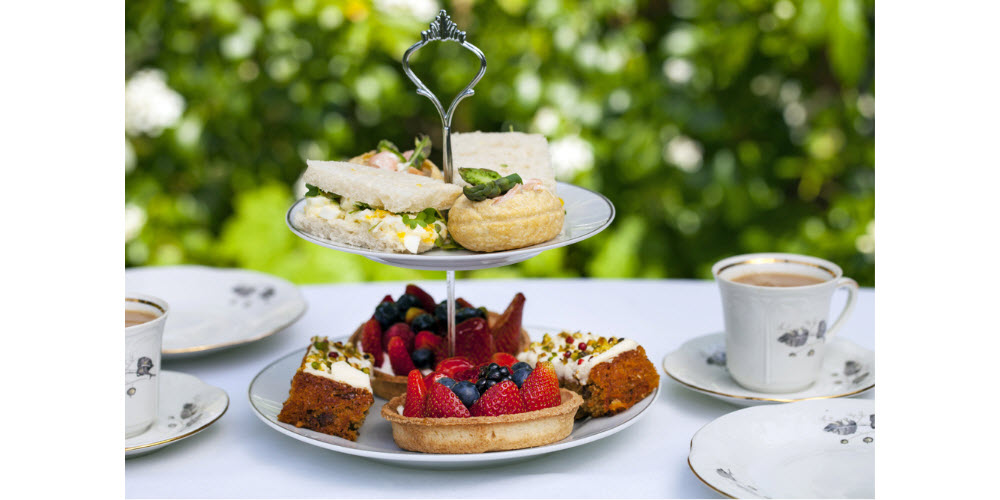
Rule #12
Tea presentation. The delicacy and quality of tea drinking utensils. This includes fine porcelain or china. How the tea looks, its fragrance and taste.
Follow these rules and you’ll have the perfect tasting cup of tea. Remember Rule #3, the water quality is super important.
So make sure you use filtered water and use a quality water filter system!
A huge thank you to Dilhan and the Dilmah team for the unique School of Tea experience, for conducting the water experiments and for providing us with the School of Tea photos.
Read more on the health benefits of filtered water



